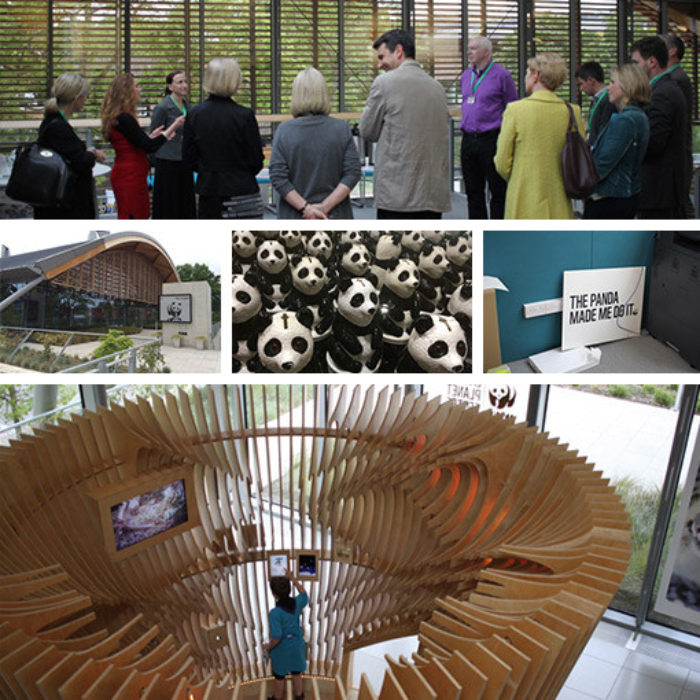2021: The year of cultural reset and recovery
2021: The year of cultural reset and recovery
As we approach the end of the year, it is an understatement to say that 2020 has been a year of unbelievable challenge, transformation and change. The ‘ways of working’ rule book has been shredded, and organisations have had to be nimble and agile in the way they do things.
The global pandemic is changing how companies think, in terms of their culture and their employees. It’s also starting to change workforce composition, how employees are managed, how they are motivated, and how they are communicated with.
The last six months of 2020 have been brutal, and whilst some organisations have survived and thrived, others are struggling, and many have gone to the wall.
But what of the future? What are the lessons learned, how will organisational cultures work in the future, and what will the different world of work look like?
Cultural change
Organisations need to define and create different workforce cultures that produce performance and output, but also create a workplace experience with a greater focus on employee wellbeing. There is a growing need for organisations to:
- Rethink their workforce strategy, by recruiting a more agile workforce with the skills to adapt quickly to changing situations
- Continually re-structure and re-organise to create nimble organisations that can be responsive and pivot quickly in the face of global and local challenges
- Understand how to develop future talent and who to recruit based on future skills and culture requirements.
There are also a number of other challenges the pandemic has created that need to be further addressed in 2021, including:
- A desire to move to digital products. But are organisations prepared well enough for this transition? For example, disaster recovery policies and procedures were tested to the max in 2020, and the pandemic has hastened the adoption and acceleration of online tools and platforms. However, it’s important that the tools are fit for purpose, and ongoing review will be critical to ensure that they continue to meet the need. Already online meetings are showing signs of ‘Zoom burnout’, so what needs to be addressed differently?
- Cost-reduction challenges, which are impacting lots of organisations, creating smaller workforces and the need for individuals to do more.
- A movement towards a ‘self-serve’ culture within organisations – whether it be training, skills enhancement or career development. At the same time many central functions are losing headcount.
- A requirement for all organisations to increase communication with their people, and simply get better at it. Communication always earns average scores in employee surveys, so in what areas do organisations need to get better when people are now remote and potentially will continue to be so for the foreseeable future?
- Extra pressure on line-managers to manage teams differently has many factors:
- The management of teams, targets and individuals will have to be refined and improved if remote working continues to be the norm. Some have certainly thrived remotely, and several surveys point to the fact that office employees do not want to go back to that environment exclusively
- Communication to remote teams – are there different ways of doing this and will it be a mix of technology and some face-to-face?
- Maintaining targets and workload, and staying on top of delivery
- Preserving team bonds when maintaining a virtual team vibe is difficult. Not all managers have these skills
- The need to motivate and care for wellbeing from a remote position.
Employee voice
One thing is for sure, the voice of employees has never been stronger, and organisational cultures are being driven by the expectations and demands of the workforce on a scale that we’ve not seen before.
Whether it’s the way employees are communicated with, issues around wellbeing and mental health, or how teams are managed and run, crowdsourcing employee opinion has become the norm. Employees understand the situation, they see the effects of the pandemic all around them in their lives, so involving them in decisions around their work life is natural and something everyone values and expects.
Winners and losers
From an employee perspective, there will have been organisational winners and losers throughout the pandemic:
- Which organisations were perceived to have run the business as well as they could have and treated and managed their employees fairly across 2020?
- Which organisations were perceived to have managed their business badly, perhaps through no fault of their own, and treated their employees unfairly?
Either way, the impact on trust in the leadership, trust in organisational management and belief in the culture will be acute and may take some time to recover.
To rebuild trust and belief in what they’re trying to achieve, it will be absolutely critical for organisations to have strong strategic narratives, clear roadmaps into 2021 and beyond, and open communications around their purpose, vision and values.
The critical issues
There are a number of organisational culture issues that have arisen throughout the course of the pandemic. Addressing and solving these going into 2021 will be paramount to ensure that organisations can reset themselves for recovery and growth. Key will be:
- Cultures are changing: Organisations need to create more nimble and agile environments and people
- Remote management is essential: How should managers communicate well, how will they motivate and maintain the team spirit?
- Psychological safety: Employees feeling safe to challenge the way the organisation operates, and feeling that they have a voice in the organisation and are listened to makes a real difference to the employee experience.
- Wellbeing comes first: It was always important, but is even more so at present – as employees we should feel ‘protected’ from what the world is throwing at us.



